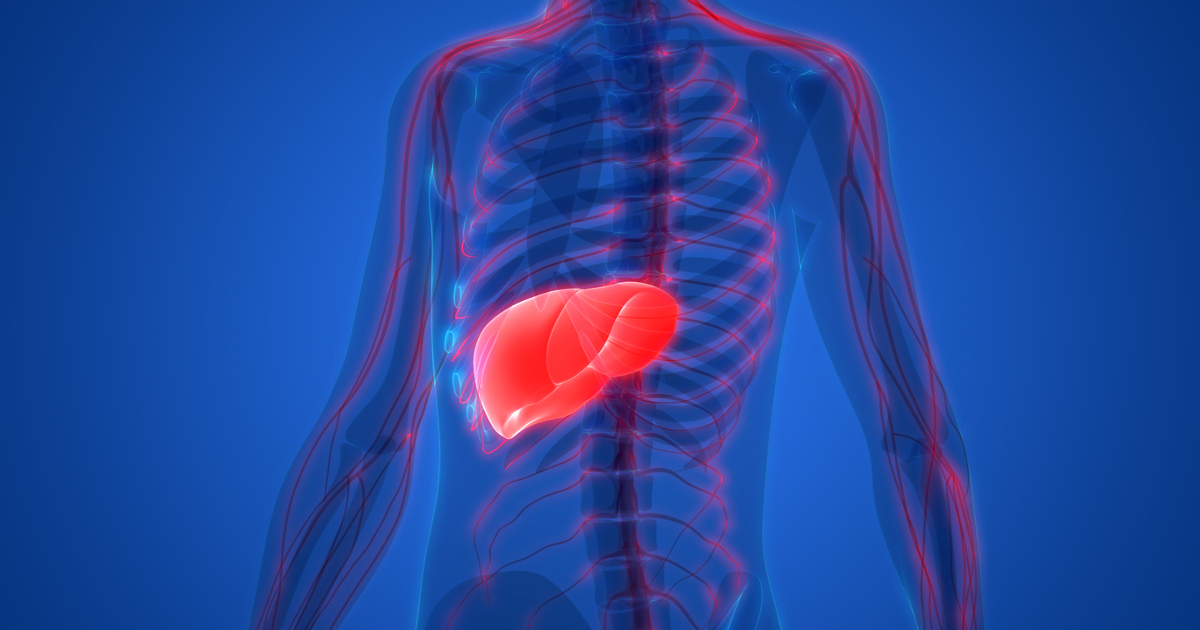Common Causes And Risk Factors For Esophageal Varices
Liver Failure

Severe cirrhosis, as mentioned, might cause liver failure. The more severe the cirrhosis, the greater the chances esophageal varices will bleed. Though any kind of cirrhosis can lead to the development of esophageal varices, the increased pressure from advanced cirrhosis makes rupturing more likely. Liver failure occurs when the liver becomes too damaged to carry out its normal functions. When the condition occurs over months or years, the most common causes are cirrhosis, excessive long-term alcohol consumption, malnutrition, hemochromatosis, or hepatitis B or C. Acute liver failure occurs when the liver fails rapidly. It can be caused by an acetaminophen overdose, hepatitis A, B, and C, reactions to medications, or the ingestion of poisonous mushrooms. Liver failure's early symptoms include fatigue, diarrhea, nausea, and a loss of appetite. As it progresses, symptoms include a swollen abdomen, mental confusion, bleeding, jaundice, fatigue, and coma. Liver failure is a life-threatening condition that requires emergency medical treatment.
Get more information on the causes and risk factors related to esophageal varices now.